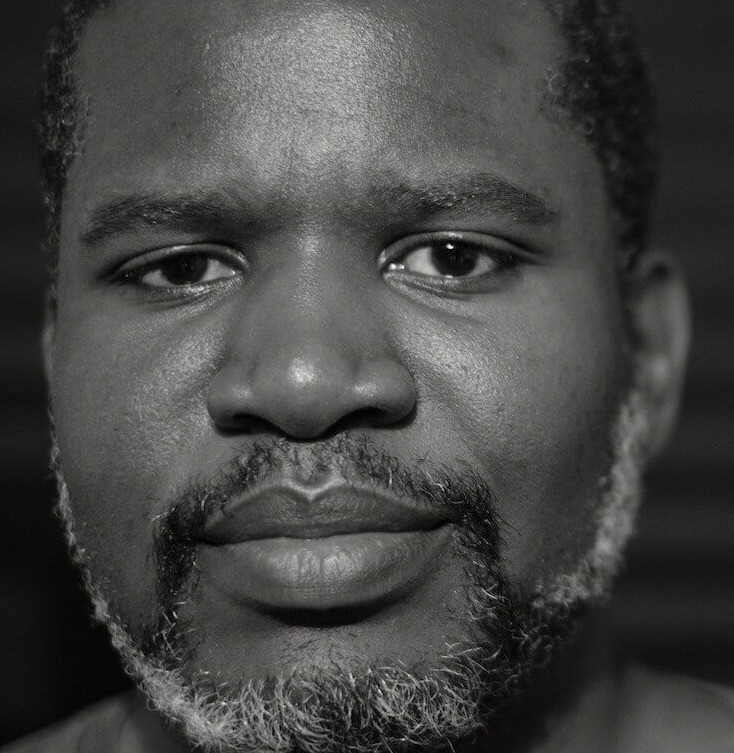What is your educational background?
My undergraduate degree is a BA in Physics from Oberlin College in Ohio. I also have an MRes in Biophotonics and a PhD in Physics from King’s College London.
What is your current occupation?
Currently I am an Imaging Scientist at the European Bioinformatics Institute just outside of Cambridge. It is a mix of looking after different kinds of light microscopes and building image analysis pipelines to analyse the large amounts of data that modern microscopes produce. It is a fun mixture of hands-on science and data analysis, both of which I enjoy.
What or who got you into STEM?
It is a mixture of things. My father is a civil engineer, and several members of my extended family are scientists of engineers. so I grew up aware that this was a possible life, but I was also an annoyingly inquisitive kid who really enjoyed taking things apart, sometimes when I didn’t know how to put them back together. I was an all round student, but maths and the sciences always held a special place in my heart, so I went to university to get the sensible African engineering degree and left with a physics degree. Then I went back for another one.
What is the biggest challenge/barrier you have faced as an African in STEM?
On the practical end, finances. Postgraduate degrees abroad are expensive and scholarships are hard to come by. I have been very lucky to both win scholarships and have family who believed enough in me to find the money to keep me going. Outside of that, being one of the few Black people in almost every room I have ever been as an adult has meant finding ways to manage while rarely feeling like there are people in my corner and always feeling like I am either expected to fail or seen as some strange, exotic creature. Managing all that while still getting work done can be hard, and draining.
How do you think your background/upbringing has been beneficial in your journey/career?
I think having my most formative years surrounded by STEM workers and academics who were family or friends was immensely beneficial. My father taught me how to take stuff apart, both parents fed me with books, aunts and uncles bought me chemistry sets and sent me science books. I have always known that they are behind me, and I can’t express how much that has meant.
How do you think we can start to change the narrative surrounding African contributions
to global STEM research & careers?
Honestly, get more money into academia in general, and STEM in particular, on the continent. For the most part we heavily under-invest in scientists and scientific infrastructure. Instead we end up being dependent on foreign money. The people aren’t hard to find – the resources are.
What advice would you like to give to young, aspiring Africans in STEM?
Remember that they have as much of a right to be here as everyone else, and probably a unique perspective that very few people in science will share. Also, the thing that you will always have control over is your work. You can’t control how the people you work with will choose to see you, you can control the quality of the science you do. Try and enjoy what you do too, try to remember what made science fun for you and keep hold of that. Finally, build a network of people you can trust. This journey can be very lonely, so your friends will keep you sane.
Do you have any projects you’re working on that you would like us to highlight?
Not at the moment. I usually find myself being the person helping out in other peoples’ projects




